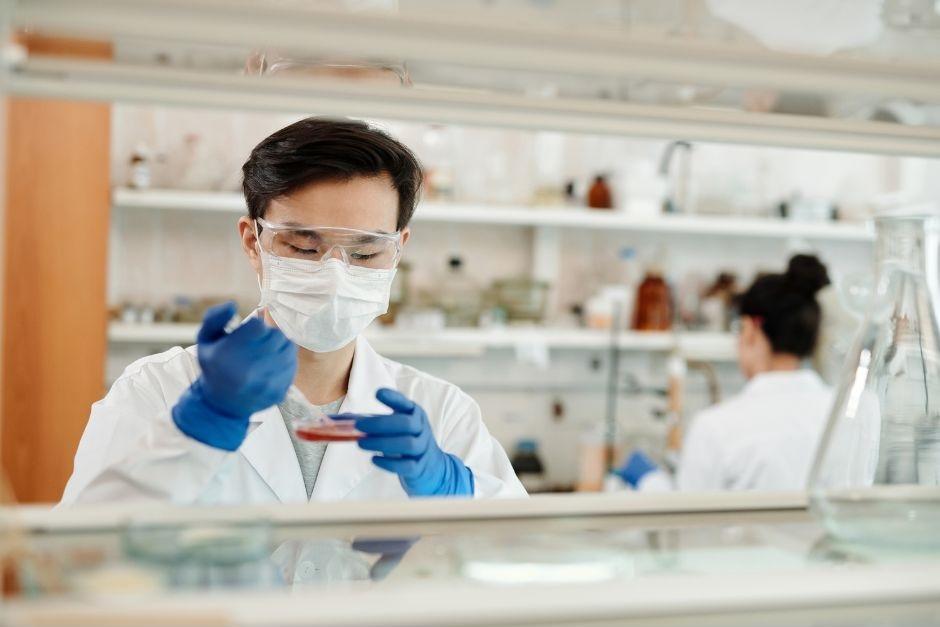- The work, published in the journal Nature Chemistry, will allow the use of natural products that until now have been discarded due to their toxicity.
- Ortho-quinones are highly reactive substances that can be delivered to tumour tissues by conjugation to therapeutic antibodies safely and selectively.
- The work, published in the journal Nature Chemistry, will allow the use of natural products that until now have been discarded due to their toxicity.
- Ortho-quinones are highly reactive substances that can be delivered to tumour tissues by conjugation to therapeutic antibodies safely and selectively.
Research by CIC bioGUNE, a member of the Basque Research & Technology Alliance (BRTA), has shown that natural products containing ortho-quinones display considerable potential as anticancer agents.
“This research opens a window of opportunity in the clinical development of highly active compounds that until now have been discarded due to their high systemic toxicity”, explains Gonzalo Jiménez Osés, Ikerbasque researcher at CIC bioGUNE. “Now”, he continues, “they can be used to be delivered to tumour tissues by conjugating them to therapeutic antibodies, known as Antibody Drug Conjugates (ADCs), safely and selectively”.
The success of the work, which has been published in Nature Chemistry, lies in the discovery of a new chemical reaction for the controlled release of ortho-quinone-type cytotoxic drugs (derivatives of β-lapachone, dunnione and cryptotanshinone) under enzymatic stimulation in acidic conditions typical of tumour environments. The ADCs developed in this work have shown in vivo efficacy against a xenograft murine model of acute myeloid leukaemia.
The application of new chemical entities with innovative mechanisms of action is necessary for the development of next-generation therapeutics. Natural products are often a source of anticancer agents. However, many natural products identified with medicinal value in vitro remain underexploited due to their high toxicity in vivo. Using a novel protection/conjugation and deprotection/release strategy centred on a not previously described pH-sensitive self-immolative 1.6-elimination mechanism, this toxicity has been masked until the precise moment of release into the target tumour tissue.
The most obvious potential application of the concepts presented in this research is in the development of selective cancer drugs and therapies.
The work has been carried out by the research group of Gonzalo Jiménez Osés at CIC bioGUNE, in collaboration with the University of Cambridge, Universidade de Lisboa, AstraZeneca and the University of Jena.
About CIC bioGUNE:
The Centre for Cooperative Research in Bioscience (CIC bioGUNE) – Member of the Basque Research and Technology Alliance – based in the Bizkaia Science and Technology Park, is a biomedical research organisation that develops cutting-edge research at the interface between structural, molecular and cellular biology, with a special focus on the study of the molecular basis of disease, to be used in the development of new diagnostic methods and advanced therapies.


